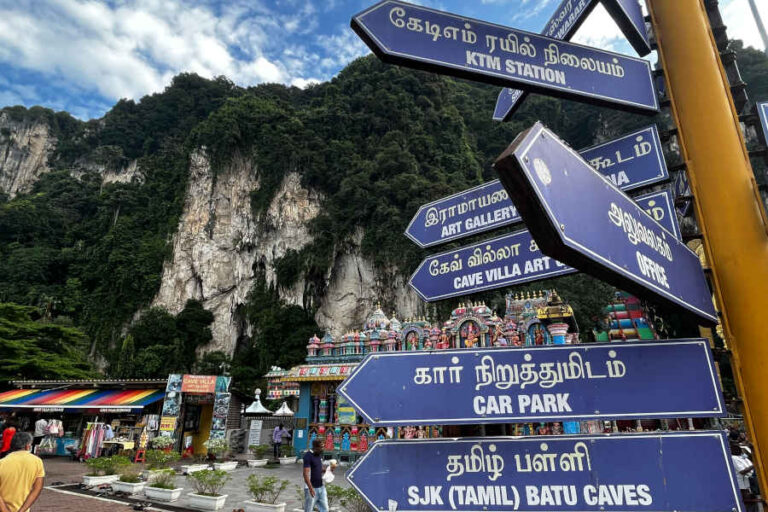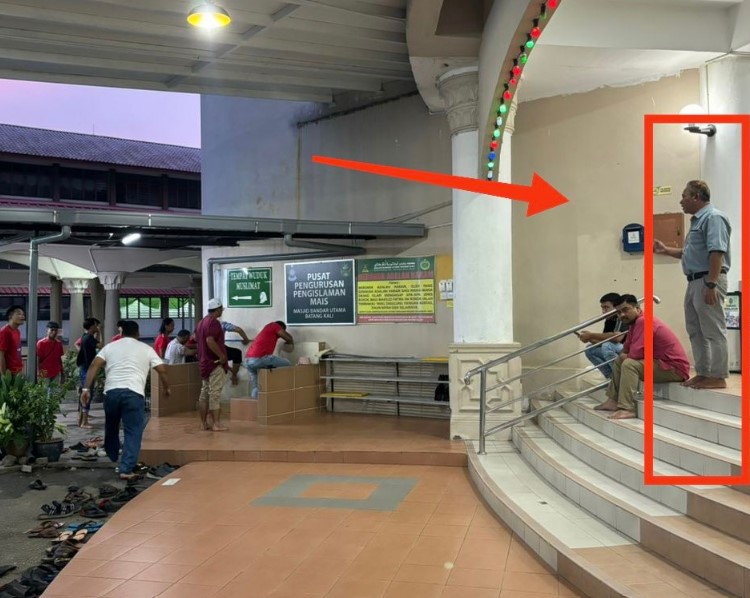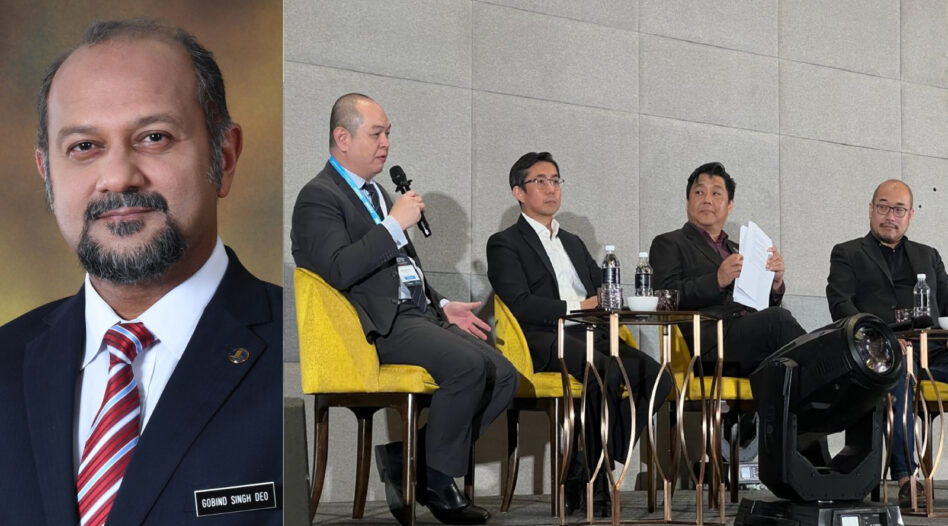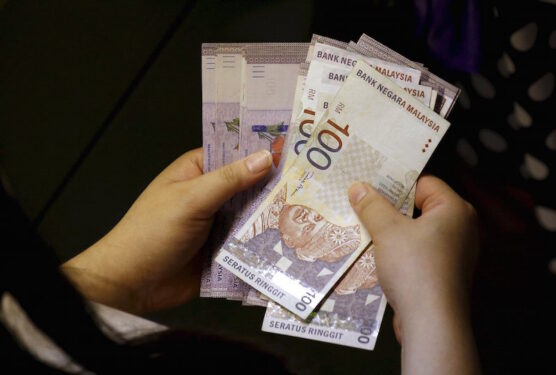THE above question is alarming as everyone, including myself, believes that people residing in all our cities, towns and villages are friendly. However, many people may not realise that some of the measures introduced by the authorities are unfriendly toward visitors.
I have just watched a video clip showing three German visitors getting down from a RapidKL bus via the entrance door instead of the exit after they were told to disembark by the driver. A local man who recorded the video asked the German man what had happened.
It turned out that they could not travel by RapidKL bus from Batu Caves back to the city because they did not have a Touch ‘n Go (TNG) card and complained that there was no information regarding payment for the bus ride and still do not know how to get the smartcard.
If RapidKL is more caring, low-value TNG cards can be sold on board by their drivers to allow visitors or those who ran out of credit to buy them instead of being told to get off. The visitors could also have been told that other bus companies plying the same route accept cash payment.
@big_laddo Public transport in Malaysia is NOT tourist friendly! #anwaribrahim #malaysiatourism #amirudinshari #perdanamenterianwaribrahim #pmx #perdanamenterike10 #menteribesarselangor #menteripengangkutanmalaysia #menteripelancongan #ybantonyloke #ybtiongkingsing #batucavestourism #rapidkl #rapidklmalaysia @myrapidkl @anthonyloke @anwaribrahimofficial ♬ original sound – BIG LADDO
While the RapidKL driver had to follow instructions, he could be a bit more empathetic and helpful. In the past, RapidKL drivers were notorious for pilferage and the management had no choice but to switch totally to smartcard payment, but it should be aware of the plight of visitors.
Earlier, the three German tourists had waited at the bus stop without any shed under the scorching sun and area was strewn with litter.
Another unfriendly measure introduced by local authorities such as city halls and municipal councils was compelling motorists to use apps to pay for parking on roadside parking lots. Understandably, parking meters had to be phased out because they could easily be tampered.
Switching to parking coupons was a good move as they were sold at many outlets such as convenience stores and coffee shops.
But each town or city may require different parking apps and many senior citizens are not fond of having online accounts and using digital transactions.
In the past, my favourite past time was to drive and explore other cities and towns, patronise restaurants and eateries to sample local foods, and shop at traditional businesses operating from old shophouses to lend them support and listen to their stories.
Today, not only our roads are congested, it is also difficult to find a suitable parking spot and it is also a hassle to download all the parking apps needed to avoid getting a fine.
Unknowingly, the authorities have deterred many motorists from visiting their cities and towns.
This will affect domestic tourism, as shopping, automotive fuel, and food and beverage are the three biggest expenditures. In 2019, they amounted to RM39 bil, RM15.5 bil, and RM14.8 bil respectively, with the majority of domestic visitors travelling in their vehicles. – Feb 29, 2024
YS Chan is master trainer for Mesra Malaysia and Travel and Tours Enhancement Course and an Asean Tourism Master Trainer. He is also a tourism and transport business consultant.
The views expressed are solely of the author and do not necessarily reflect those of Focus Malaysia.
Main pic credit: The Gees Travel










